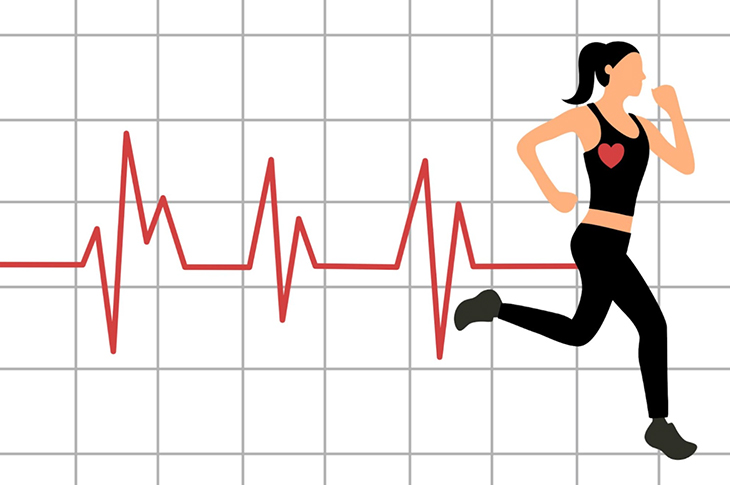Fitbit Research Findings: Meeting Physical Activity Recommendations for Improved Resting Heart Rate, Sleep, and More
In our fast-paced world, where technology has become an integral part of our daily lives, it’s no surprise that wearable devices like Fitbit have gained immense popularity. Fitbit, one of the leading brands in the wearable tech industry, has been assisting users in tracking their physical activities, sleep patterns, and overall health. Recently, Fitbit conducted research to analyze the impact of meeting physical activity recommendations on various health parameters, including resting heart rate and sleep quality. The findings were not only intriguing but also highlighted the importance of regular exercise for overall well-being.
The study, conducted by Fitbit, analyzed data from thousands of users who wore their devices consistently and followed the recommended guidelines for physical activity. The participants were divided into two groups: those who met the World Health Organization’s (WHO) physical activity recommendations and those who did not. The WHO recommends a minimum of 150 minutes of moderate-intensity aerobic activity or 75 minutes of vigorous-intensity aerobic activity per week for adults aged 18-64 years.
One of the key findings of the study revealed a significant improvement in resting heart rate among individuals who met the physical activity recommendations. Resting heart rate measures how efficiently the heart is functioning when the body is at rest. Lower resting heart rates are generally associated with better cardiovascular health and increased fitness levels. The study demonstrated that consistent adherence to physical activity guidelines resulted in a lower resting heart rate, indicating improved heart health.
Furthermore, the research also revealed that meeting the recommended physical activity guidelines led to better sleep quality. Sleep is essential for the body’s recovery and overall well-being. Fitbit devices track various sleep parameters, including duration, sleep stages, and sleep disturbances. Participants who met the physical activity recommendations experienced improved sleep efficiency, fewer awakenings during the night, and more time spent in restorative sleep stages.
Additionally, the study found a correlation between meeting physical activity recommendations and decreased sedentary behavior. Sedentary behavior refers to activities that require very little energy expenditure, such as sitting or lying down for long periods. Excessive sedentary behavior has been linked to numerous health risks, including obesity and cardiovascular disease. The research showed that individuals who regularly met the physical activity recommendations were more likely to engage in physically active behaviors throughout the day, reducing sedentary time.
Moreover, the analysis also highlighted the importance of achieving consistent physical activity goals for long-term health benefits. Participants who consistently met the physical activity recommendations over an extended period demonstrated cumulative improvements in resting heart rate and sleep quality. This finding suggests that sustained physical activity can lead to long-lasting improvements in cardiovascular health and sleep patterns.
Fitbit’s research findings confirm the long-established belief that physical activity plays a vital role in overall health and well-being. Regular exercise not only benefits cardiovascular health but also enhances sleep quality and reduces sedentary behavior. Fitbit’s wearable devices and accompanying app provide users with the tools and insights needed to track and meet their fitness goals effectively. By following the recommended physical activity guidelines, individuals can reap the many benefits of improved heart health, better sleep, and reduced sedentary behavior.
In conclusion, Fitbit’s research findings shed light on the positive impact of meeting physical activity recommendations on resting heart rate, sleep quality, and sedentary behavior. These findings serve as a reminder of the importance of incorporating regular exercise into our daily routines for long-term health benefits. With wearable technology like Fitbit, individuals have the opportunity to track and monitor their progress, making it easier to achieve and maintain their fitness goals. So, let’s move more, sleep better, and prioritize our health with Fitbit.

